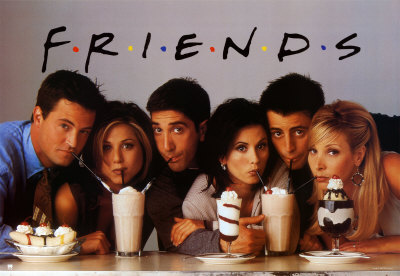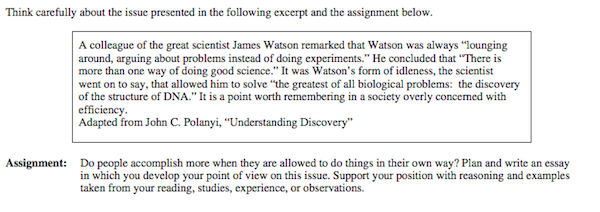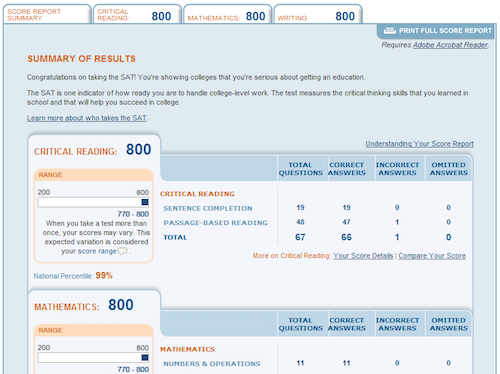Recommendation letters are given serious consideration by admissions officers. Considering college admissions get more and more competitive each year, recommendations can go a long way toward helping you get accepted (or, gulp, rejected).
Most admissions committees seek a holistic view of the student. They want to know who you are, beyond the grades and test scores. A great recommendation letter both raves about your awesome qualities and opens a window into your personality and character.
By knowing exactly why some recommendation letters are more powerful than others, you can figure out who you need to ask and what you need to do to get one. So what exactly makes some letters of rec more impressive than others? Let's take a closer look at the features of great recommendation letters and examples of each one.
























